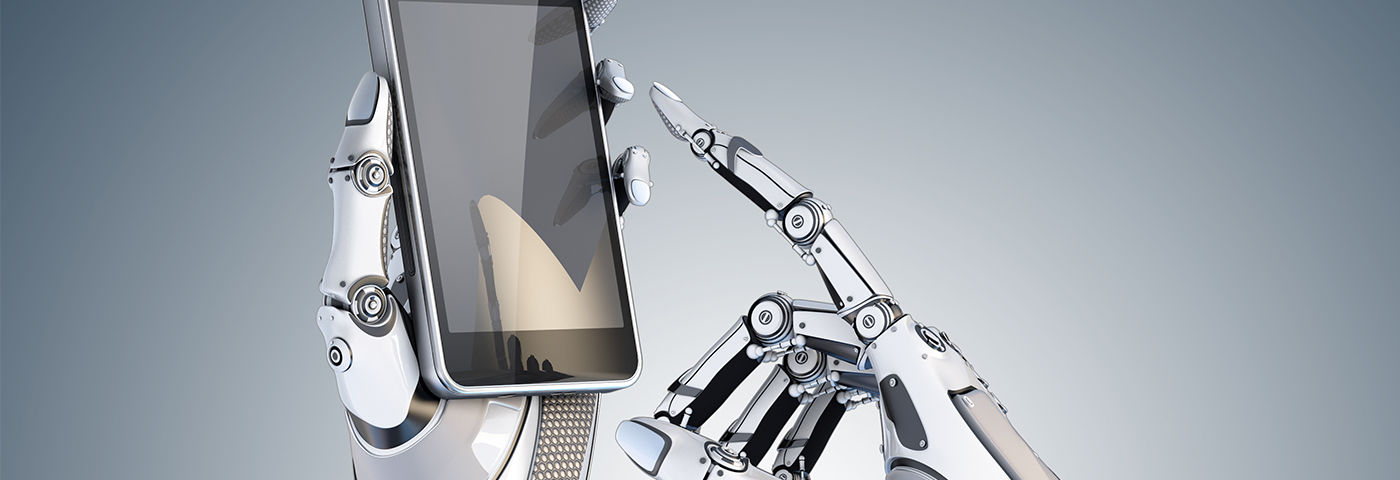Mentioned in the news over the last few days is the London Science Museum’s Robot exhibition. It will be exploring the 500-year quest to recreate ourselves in mechanistic form. On display will be a collection of over one hundred robots, from a 16th-century mechanical monk to the latest humanoid robots.
Robots are in widespread use in industry. They are usually designed for particular tasks such as vehicle assembly or moving goods around warehouses and so are not at all humanoid in shape.
Robots can effectively replace humans for complex, repetitive tasks working away tirelessly and never needing a break. Incorporate artificial intelligence into them and you could imagine that they might make good replacements for humans. This got me considering how robot technology might be utilised in travel. Ours is a service industry. There are many employed in travel who are undertaking fairly mundane tasks such cleaning rooms, serving or flying aircraft. Could robots to do some of these tasks at less cost than employing human beings? If so, would the travelling public find this acceptable?
I believe that we are all being conditioned to accept that interacting with robots will be just fine. I recently bought an Amazon Echo. Its voice assistant Alexa, a voice activated chatbot. Ask Alexa a question such as “What is the pound dollar exchange rate?” or “When was Queen Elizabeth born?” and she will answer you. She can also adjust my home central heating. “Alexa, set the temperature to 19” is all I need say and she adjusts the thermostat. Alexa’s voice response interface is reassuringly natural to use. As more chatbots come into our lives, whether they have a voice interface like Alexa or a text interface, I would anticipate that interacting with these devices will become second nature for most of us.
About a year ago, an article entitled Travelers Expect Robots on their holidays by 2020 surveyed 6000 travellers to ascertain their views on robots in travel. Almost two thirds of those surveyed stated that they would be perfectly comfortable with robots. 81% of respondents thought that robots would be better than humans at data handling and coping with different languages (79%), while over three quarters of respondents selected robots untiring energy as an advantage.
The front desk at Henn na Hotel in Japan is already using humanoid robots. As Henn na Hotel states, “At the front desk, you will be greeted by multi-lingual robots that will help you check in or check out. At the cloakroom, the robotic arm will store your luggage for you, and the porter robots will carry them to your room. Mechanic yet somehow human, those fun moments with the robots will warm your heart. Furthermore, once you register your face with our face recognition system, you will be free from the hassle of carrying the room key around or worrying about losing it.”
Watch the BBC YouTube video: Where hotel is staffed by robots.
It looks like a rather strange place to stay. I don’t see the robots at this hotel replacing humans anytime soon.
Nevertheless, technology is always advancing and robots are surely going to improve until they reach the stage where interacting with a humanoid receptionist, allowing a fully automated luggage trolley to take your bags to the room going out for the evening in a self-driving cab will be perfectly acceptable experiences.
Will robot technology enhance the travel industry or is it destined to lower the quality of the traveller’s experience? What do you think?


